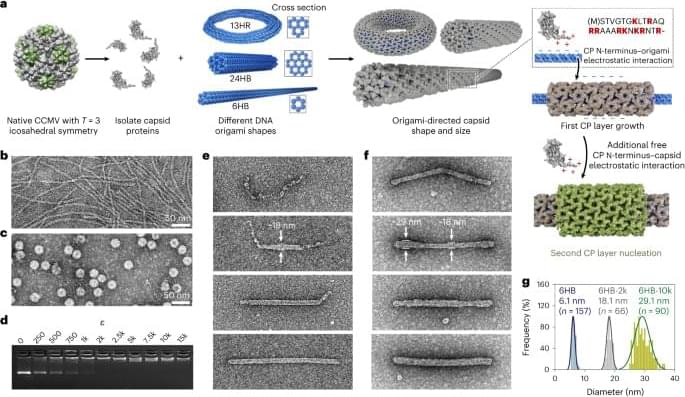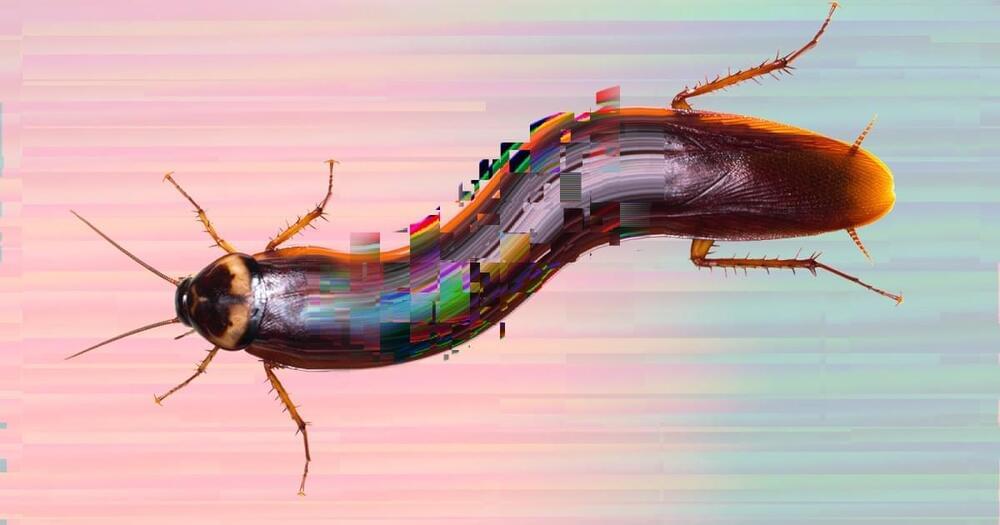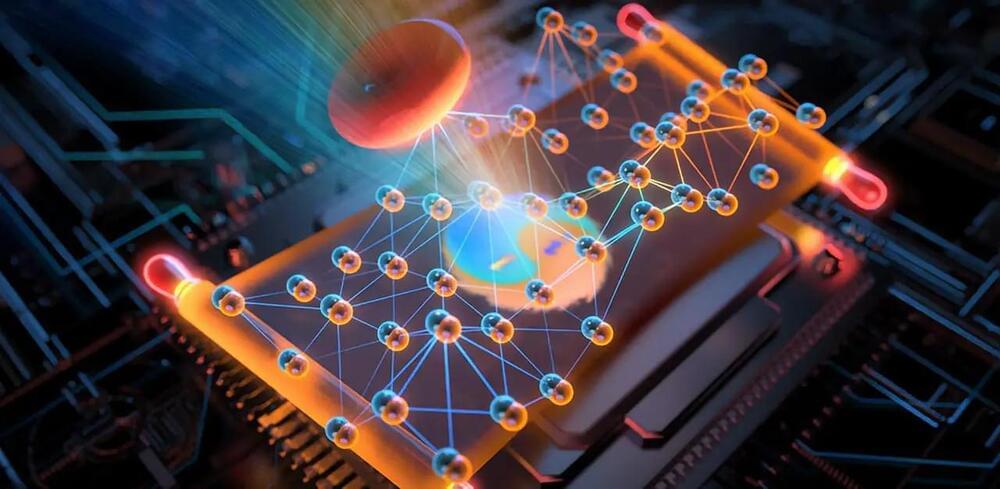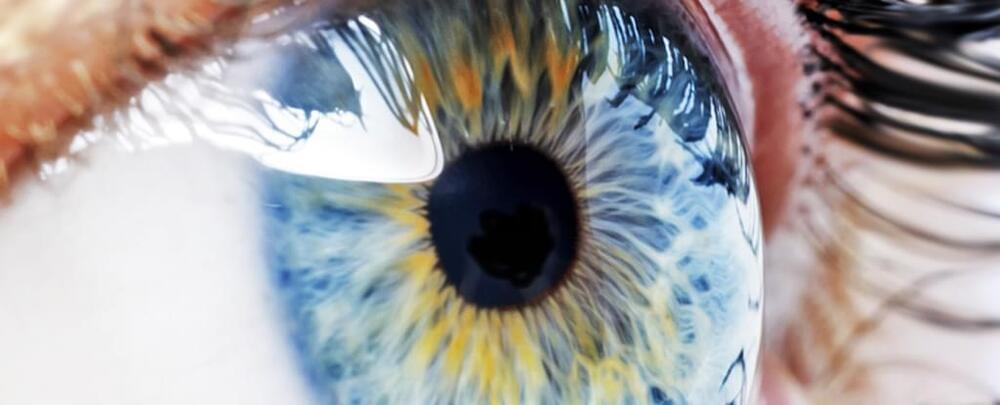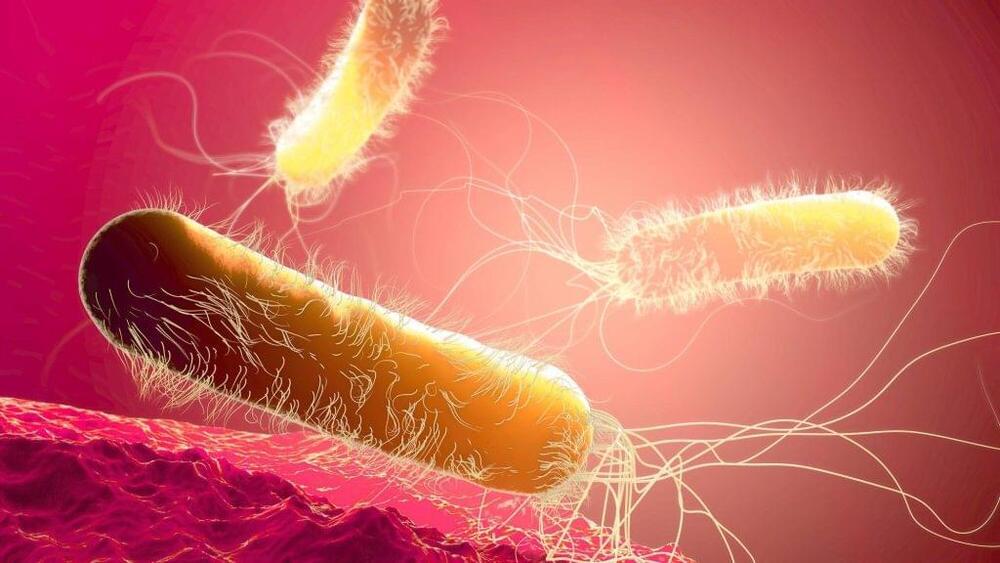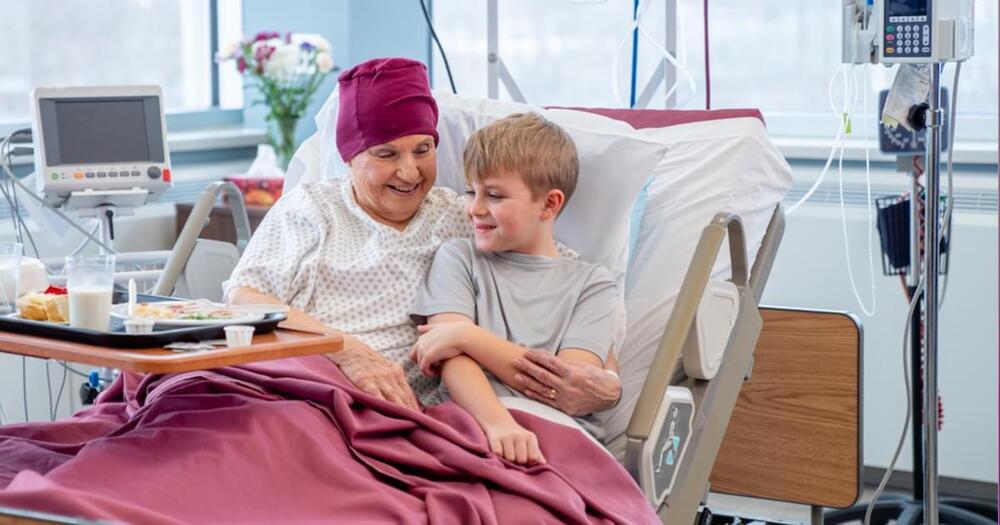Now fast forward 10 more years. That same man and his peers will have counted 70 circles round the sun. But John will remain biologically 60. At the same time, someone who is 30 years old in the year 2033 could theoretically begin the therapy at age 30, and stick at a biological age of 30 for the next 30 years, when their calendar would call them 60. That’s what gene therapies for longevity could do.
Longevity startups are riding high as a wave of gene therapies advance through clinical trials. Can they actually turn back the clock?
So far, gene therapy has been approved by the U.S. Food and Drug Administration (FDA) for only a couple of applications like rare inherited diseases and blood cancer. That said, more than 2,000 clinical trials are taking place in 2023, with 200 of them having already reached phase 3 clinical trials. A slew of upcoming gene therapies could be approved—possibly in the months to come—in the United States and Europe, targeting everything from sickle cell disease and hemophilia to metastatic skin cancer. In this future, gene therapy will be approved for everything we can imagine—and many things we can’t.
